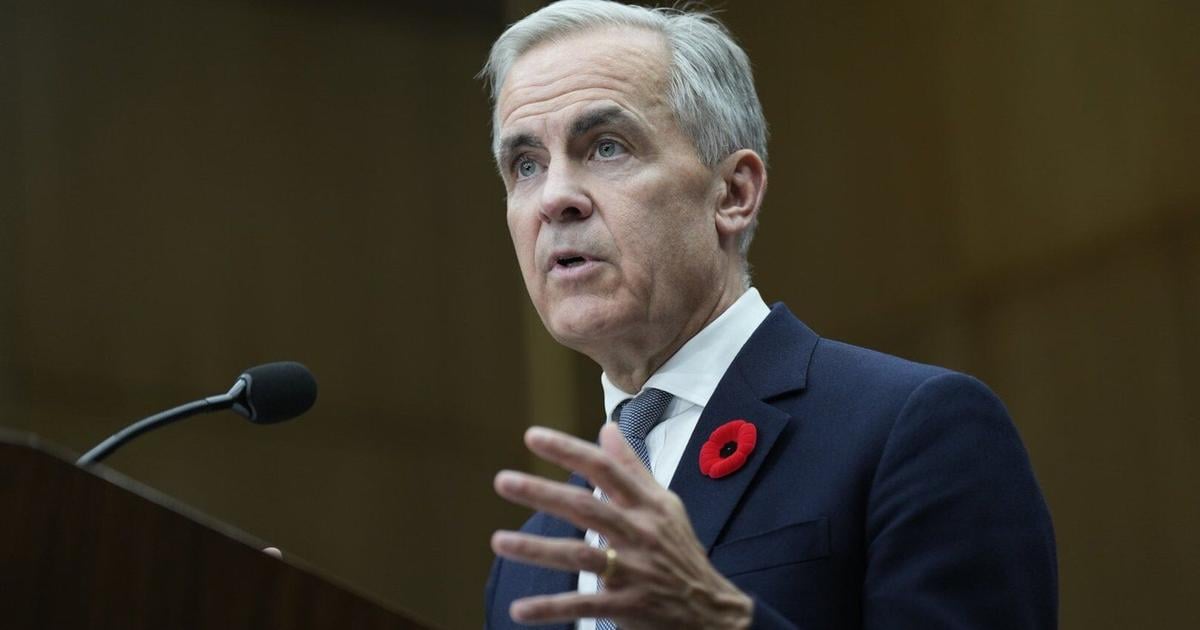When eight-year-old Maynaz Falasiri is feeling anxious about school, she turns to one musical tool for comfort.
It’s the first thing she sees when she walks through her apartment door after classes end. She’ll spend 30 minutes on the shiny piano in her living room, surrounded by a large Lego table, plants and family portraits.
“That’s a go-to for her to overcome a hard day,” said her mother, Nazanin Ghanavizi. “Some kids go to their stuffies, for her, she goes to her piano.”
Falasiri has been a student at The Royal Conservatory of Music (RCM) for six years, studying music and theory classes with a special interest in guitar and voice lessons. Her younger brother, Tège Falasiri, is also enrolled and has a special interest in violin. Ghanavizi said she wasn’t intending to make musicians out of her children but knew as a psychotherapist how important these classes could be for their development.
Since starting at RCM, she said, her children have become more confident, disciplined and can express themselves through different instruments, almost like they’re picking up another language. “Throughout these years, they’ve really trained their music ears,” she says. “They feel and understand music at another level.”
Both children began with RCM’s Smart Start program, which is designed for newborns and children up to age six and incorporates neuroscience research with music education to support cognitive, emotional and social development. Now, the program will be expanding globally.
At RCM’s music symposium Friday afternoon, several panels and demonstrations focused on highlighting the role of music education in shaping human development, especially in young children.
Speakers, including former figure skater Eric Radford and the federal minister of artificial intelligence, Evan Solomon, discussed the future of music education in a digitally evolving world. Demo classes showed music educators and attendees the program’s play-based curriculum, simulating a music classroom just outside the theatre.
Before each panel, the audience was welcomed with a group of four students from RCM’s Taylor Academy, which provides specialized training for students 11 to 17. With their violins and cello, they moved in sync as they performed a classical song to a captivated audience.
Many students who start the Smart Start program continue to pursue professional programs and careers, said Sean Hutchins, neuroscientist and director of research at RCM.
Hutchins said the program is a “natural way” for children to develop cognitive skills because it uses tools like attention and memory, which is built into the curriculum.
Children who participate in the program are found to have improved vocabulary scores and other cognitive abilities, since music and language share the same sound perception and processing skills, Hutchins said. Music education also supported enhanced decision-making and accelerated brain development, according to a 2016 research study from the University of Southern California.
“Music requires a great deal more precision and attention to these types of things than language does,” he said. “By practising music, they’re getting better at the same types of skills they need to practise to affect their language skills as well.”
The courses are “age-targeted” and use different materials, including songs and music from several languages. “It’s a way to allow children to have a little bit more experience and insight with other types of musical cultures,” Hutchins said. “The earlier you start learning about music, the better the outcomes are.”
Brent Cotter’s two children, Millicent, 5, and Owen, 2, have fostered the same love of music as their parents. Millicent has been in the program since 2022 and Owen is following in her footsteps, having enrolled just weeks ago. The children constantly want music turned on in their home, while they’re getting ready for the day or winding down in the evening.
In addition to their musical routines, Cotter says the program has helped with Millicent and Owen’s socialization at school and believes part of the reason is the early courses he started them on.
“We’ve definitely seen a really dramatic difference in our daughter, just doing it for three years … and seeing (music) as an integral part of who she is,” Cotter said.
The early childhood music program allows parents to see a “different side” of their children and help encourage their musical development in a structured, learning environment.
During Owen’s class time, teachers play various instruments, such as the piano, and ask children to move according to the pace. A faster beat turns their students into birds and a slower beat turns them into dinosaurs.
This is how they learn to keep an ear out for different rhythms, Cotter says. “They’re listening to patterns. They’re picking out different sounds. It’s actually incredible how much they have gotten out of it,” he said. “It’s one of the high points of the week.”
After suffering a brain injury 13 years ago, Jacinta Cooper turned to guitar and singing lessons to strengthen her language and memory skills. Before taking singing lessons, she says she had trouble thinking and articulating words.
“It has helped me with my confidence and it has helped me with my ability to speak.”
Cooper said she understands how music education can be a formative experience for children, creating their own community and giving them a sense of identity. She heard about the symposium while listening to the radio and decided to attend.
“There’s something about the understanding I have about neurological effects that I understand will be helpful” to early childhood education, Cooper said.



